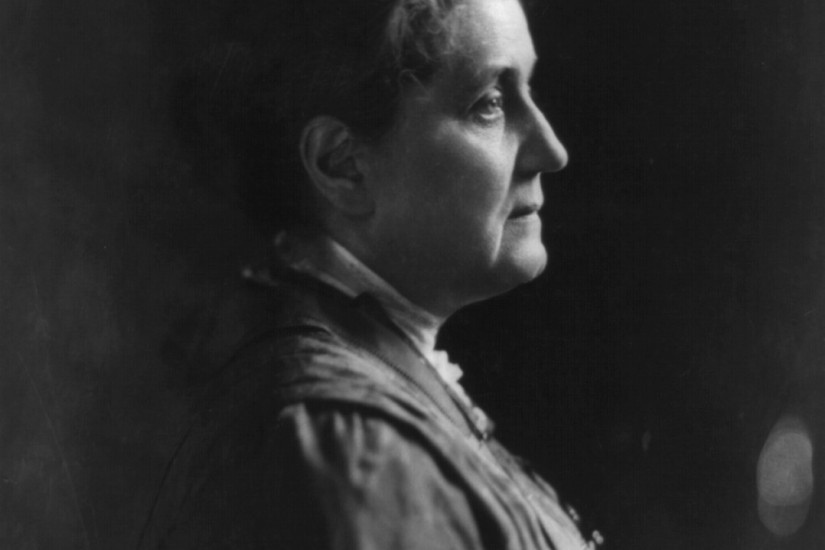We prefer our heroes when they’ve risked it all in pursuit of a cause we now all agree is noble: anti-slavery, say, or suffrage. So it’s nicest to remember Addams for her social work. But in the run-up to World War I, radical pacifism became her primary passion. This turned her into an enemy of the right, and eventually even many of her old friends on the left. At various times she was called a socialist, a communist, and an anarchist. In a speech at Carnegie Hall in 1915, Addams observed that soldiers already fighting in Europe were plied with alcohol before charging onto the battlefield. As independent scholar Louise W. Knight, points out in her sympathetic new biography, Jane Addams: Spirit in Action, the speech made Addams a punching bag for hawkish editorial writers. Journalist Richard Harding Davis dashed off a letter to the New York Times calling her a “complacent and self-satisfied woman.” Another New York paper called her “a silly, vain impertinent old maid, who may have done good charity work at Hull-House, Chicago, but is now meddling with matters far beyond her capacity.” When the United States finally stepped into the war, many of Addams’ pacifist sisters in arms deserted the cause. She was booed in public and followed by an agent from the Justice Department. At the headquarters of the Women’s Peace Party, Addams wrote, “the door was often befouled in hideous ways.”
Meanwhile, Addams’ pacifist period must be squared with her past as something of a moderate. “My temperament and habit had always kept me in rather the middle of the road,” Addams wrote, looking back in 1922. “In politics and social reform I had been for the ‘best possible.’ ” It’s that pragmatist attitude that has contributed to her recent rediscovery as a philosopher on par with her friends John Dewey and William James. Her moderation also means there’s plenty about her that merits respect from contemporary conservatives.
Though Addams had long-term romantic relationships with several women and never bore children, she revered motherhood. In an evocative scene in Twenty Years at Hull-House, she writes of coming upon a washerwoman with unused breast milk streaming down her dress. “With all of the efforts made by modern society to nurture and educate the young, how stupid it is to permit the mothers of young children to spend themselves in the coarser work of the world!” she wrote. “It is curiously inconsistent that with the emphasis which this generation has placed upon the mother and upon the prolongation of infancy, we constantly allow the waste of this most precious material.” She also emphasized the importance of two-parent families, lamenting the “wretched delusion that a woman can both support and nurture her children.”
